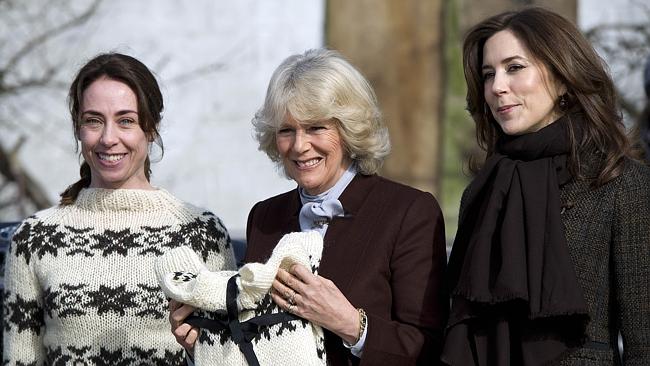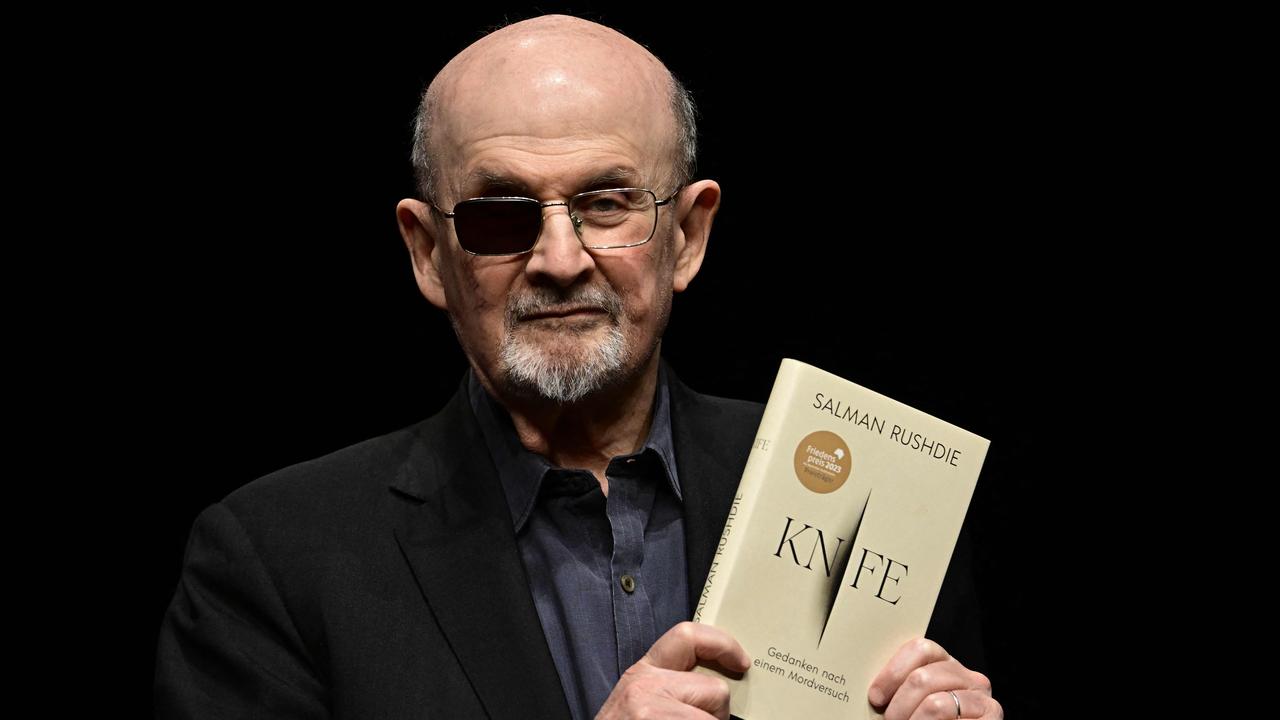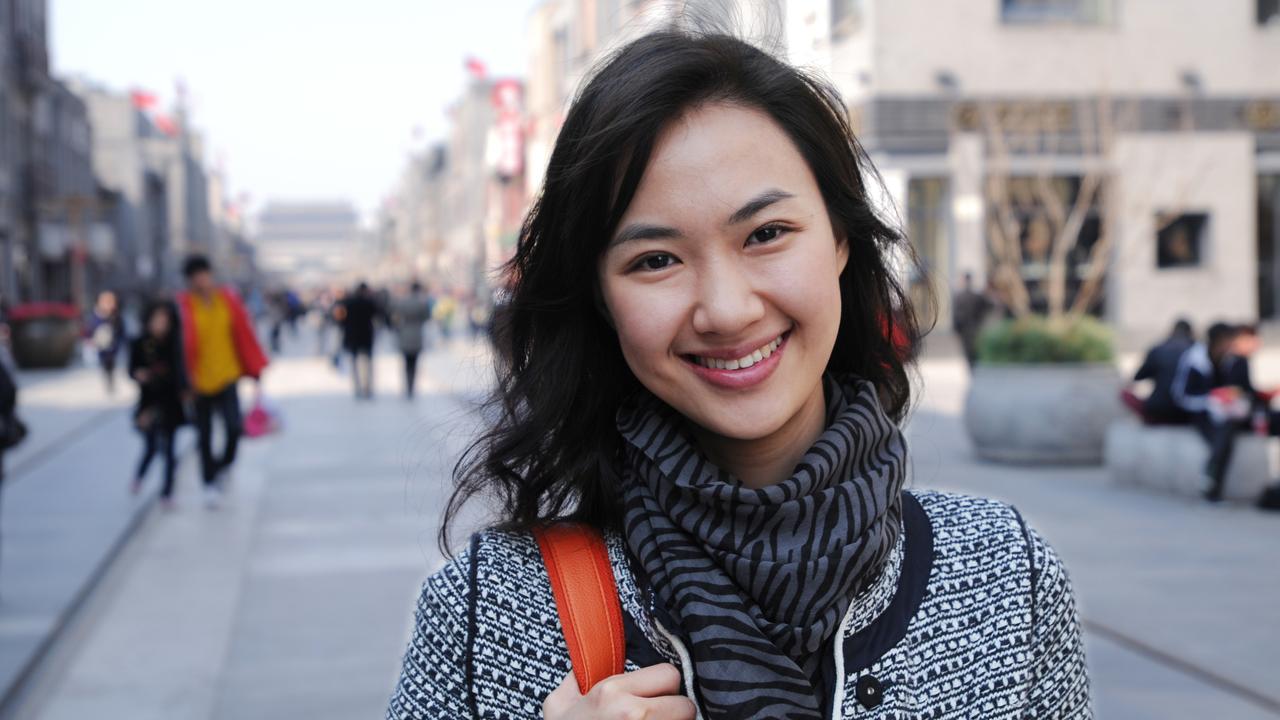The return of Sofie Grabol, the queen of Scandi Noir
Sofie Grabol, the Danish star of The Killing, is back in the hard-hitting drama Prisoner, our new crime fix.
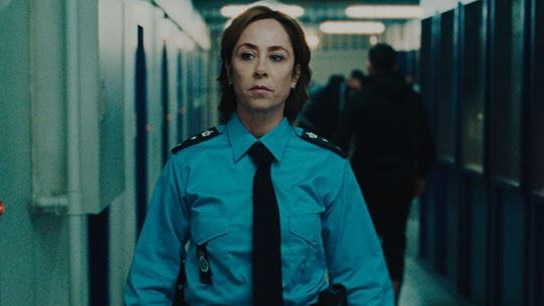
You remember how it all began, those days of the early part of the previous decade when Sarah Lund, Sofie Grabol’s character in The Killing, first appeared on our screens in a Faroese jumper. She gave us a taste for Scandinavian drama – grisly sleuthing under gunmetal skies, the words tak (thanks) and dod (dead), and of course a fetching kind of knitwear.
Grabol gave one of those sweaters to the woman who is now our Queen (when the Duchess of Cornwall, as she then was, visited the set of the show in 2012 she said she was a Killing addict). Meanwhile, other dramas such as Borgen gave us a taste for continental politics and The Bridge continued to satisfy our Scandi crime itch.
At the end of the third and final series of The Killing, in 2012, Grabol’s character left on a plane to go to Iceland and goodness knows what future, after shooting dead a child killer who thought he had got away with it.
Far more seriously, Grabol’s life also went into a spiral. She was diagnosed with breast cancer for which she had treatment during most of 2013, and of which she is now thankfully clear. After her last operation she filmed the unusual Sky drama Fortitude, and made an acclaimed appearance on the London stage as the Queen of Denmark in one of The James Plays by Rona Munro. In 2020 she had a cameo as Tom Hollander’s love interest in David Nicholls’s BBC divorce drama Us.
Now 55, she is delighted to be back in Dansk mode in the role of Miriam, the conflicted prison warder in the Danish drama Prisoner (not related to the Australian series of the same name).
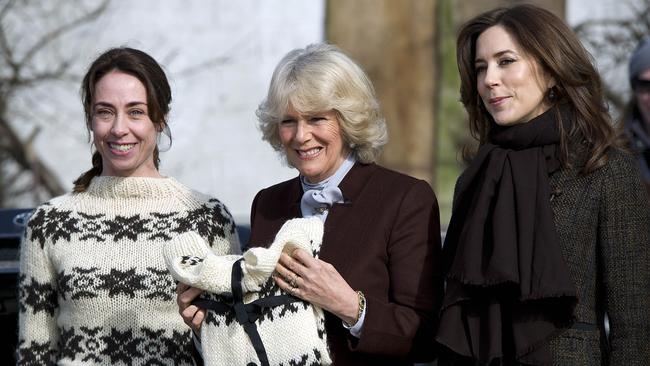
The drama may shock anyone with preconceptions about Denmark being a liberal paradise where they always do things better.
The nick in Prisoner is a rickety hellhole of gang rivalries and violence. When we follow the warders home, their lives don’t seem much better. Miriam is sorely tested when her son, a drug addict, falls into debt with some unsavoury people. And while the character is, Grabol says, a warmer creation than Lund, she experiences similar agonies.
Grabol took on the role before reading a script, so impressed was she with the work of the show’s creator, Kim Fupz Aakeson (who based it on his novel). She has no regrets; it has won many awards in her home country.
Its hard-hitting bleakness, with scenes inside the jail filmed on handheld cameras and using former prisoners in some roles, even may be a draw, she says.
“We have almost closed the door to social realism,” Grabol says. “A lot of stories have been told on television to expand our imagination for many years … shows that start with ‘what if?’ Prisoner starts with ‘this is’ – this is a fact. This is an entertainment show (that) deals with actual problems in Danish society. And I realised when I watched it that I’ve missed that. And it also made me very happy to find out that I’ve met a lot of young people my kids’ age who watched it and they started writing papers in schools about the justice system and how society works.”
Grabol, who is divorced, lives with her daughter, Gudrun, 19. Her son, Bror, 22, has flown the nest and is working towards a career in “cameras and cinematography … all the technical stuff” of TV and film production. Neither apparently wants to follow her into acting. “No. God no. They are clever kids,” she says, laughing.
Grabol had an unusual upbringing. Her parents separated before she was born and when she was 12 her mother, who had Maoist sympathies, took her to live in a commune. She called her mother by her first name and socialist summer camps were not unheard of.
But Grabol is adamant that it wasn’t “extreme” and that hers was a “normal family” (she has an older brother). She says she has reacted against some of her mother’s lefty 1970s parenting style and inherited some of it, particularly in the way she has given her children freedom to find their own paths in life.
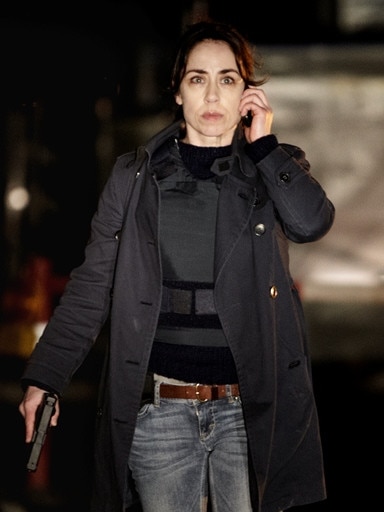
“I have also realised how in other ways I am so like my mum,” she says. “I have realised how much of what I was raised on is built into me.
“I lost my mum (she was 81) two years ago. And, in that process, I really realised how much I have been given by her. When I was younger I was more focused on everything that I lacked or all the wrongs that I think that she did. But I see it in a much milder light now.”
She has a similarly philosophical attitude to her cancer, from which she has had the all clear for nearly a decade. “The illness is completely gone. But obviously the experience is very much a part of me. I’ve learnt a lot about myself and about how it is to face a major crisis. And that is something that I definitely take with me.
“I don’t know if it’s a myth, but there is this saying that people who have been locked up in prison can recognise each other on a bus or in a train. Did you ever hear that? Some people say that they can see it in the eyes of other people that they meet, that they share this experience.”
She clarifies that she doesn’t think she would recognise a cancer survivor on the bus but adds: “None of us goes through life without experiencing things that we didn’t expect and that are painful, but it also can create an empathy to that condition that we all share in human life … So in that sense it’s with me as an experience. It’s one that I obviously would rather have been without. But it’s part of my life and it’s also given me some insight.”
When we speak Grabol is nearing the end of a job in a Danish theatrical production of Michael Cunningham’s Mrs Dalloway-themed story The Hours. She was delighted to take on the role played by her acting heroine, Meryl Streep, in Stephen Daldry’s film. She doesn’t think a fourth series of The Killing will ever be on the cards, though. She hasn’t spoken to writer Soren Sveistrup for a couple of years (not for any particular reason, they are both busy) and says she thinks the chance of “ruining the whole thing” is too high.
The Times
Prisoner is on SBS On Demand.

